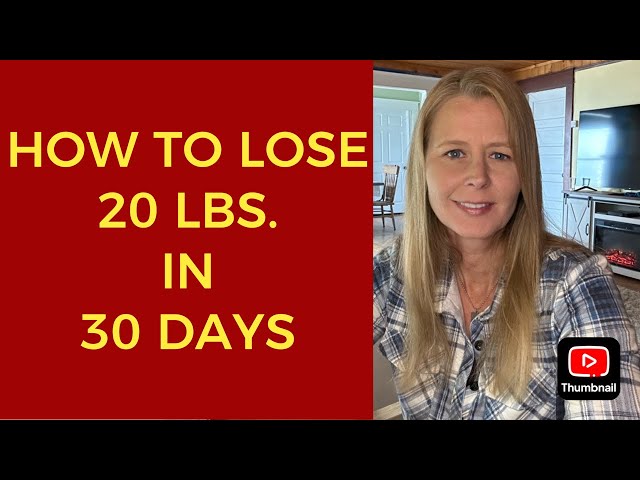
Have you ever found yourself wondering, "How fast should I really aim to lose weight?" It seems everyone has their own opinion on the matter, often contradicting one another. But let’s break it down logically, based on expert recommendations and scientific reasoning.
Most nutrition experts suggest focusing on a gradual weight loss of 1 to 2 pounds per week. This guideline aligns with recommendations from esteemed organizations such as the Academy of Nutrition and Dietetics and the Centers for Disease Control and Prevention (CDC). In fact, they underline that a rate of weight loss exceeding this can lead to unfavorable consequences.
"When people lose weight too quickly, they often lose muscle mass along with fat, which is not desirable," explains a seasoned dietitian. The aim should always be to lose fat while preserving lean muscle mass. After all, muscle helps keep our metabolism functioning efficiently.
Now, let’s put this into perspective. A loss of 10 pounds over the course of two months is not only achievable but also considered a sensible goal. To achieve this result, you would need to maintain a caloric deficit of about 500 to 750 calories per day. This deficit can be accomplished through dietary changes, increased physical activity, or a combination of both.
But why is the 1-2 pounds per week guideline so crucial? Primarily because it tends to promote sustainable habits. Many individuals who adopt this method find they are more successful in maintaining their weight loss over the long haul. A gradual approach allows the body to adapt to new habits and decreases the likelihood of regaining lost weight.
Is it harmful to aim higher, for say, a loss of 3 pounds a week? Experts caution against this. "Losing more than this suggests that you're likely shedding water weight or muscle, not fat," a health coach asserts. And while it may seem motivational to see numbers drop quickly, the health risks associated with rapid weight loss can outweigh the temporary joy of those numbers. Health issues such as nutritional deficiencies, gallstones, or a negative impact on metabolic rates may arise from extreme dieting.
So, what does a comprehensive weight-loss plan look like? Here are some essential components:
- Balanced Diet: Focus on whole foods, lean proteins, healthy fats, and plenty of fruits and vegetables.
- Portion Control: Mindful eating plays a critical role. Serve smaller portions, and consider using smaller plates to trick your brain into feeling satisfied.
- Stay Active: Regular physical activity not only burns calories but also helps you build lean muscle mass.
- Hydration: Drinking enough water is vital. It helps with satiety and overall health.
- Track Progress: Keeping a journal or using an app can help you stay on course and hold yourself accountable.
It's also worth considering individual variance. Factors like age, body composition, and starting weight can influence how quickly one can safely lose weight. For example, someone with a higher starting weight might see more rapid changes initially, while those closer to their target weight may find it slower.
Ultimately, aim for sustainability. Is the plan you're considering enjoyable? Can you see yourself doing it long-term? These questions are key in formulating a strategy that will work for you. The more enjoyable the process, the more likely you are to stick with it. "Weight loss should never be a punishment; think of it as a lifestyle change toward a healthier you," adds a fitness trainer.
In summary, if your goal is to lose weight, focusing on losing 1 to 2 pounds per week is a smart and safe approach. It not only encourages healthy practices but also sets the stage for lasting results. Rather than rushing the journey, embracing a lifestyle that promotes gradual but consistent change will ultimately lead to success and well-being.







